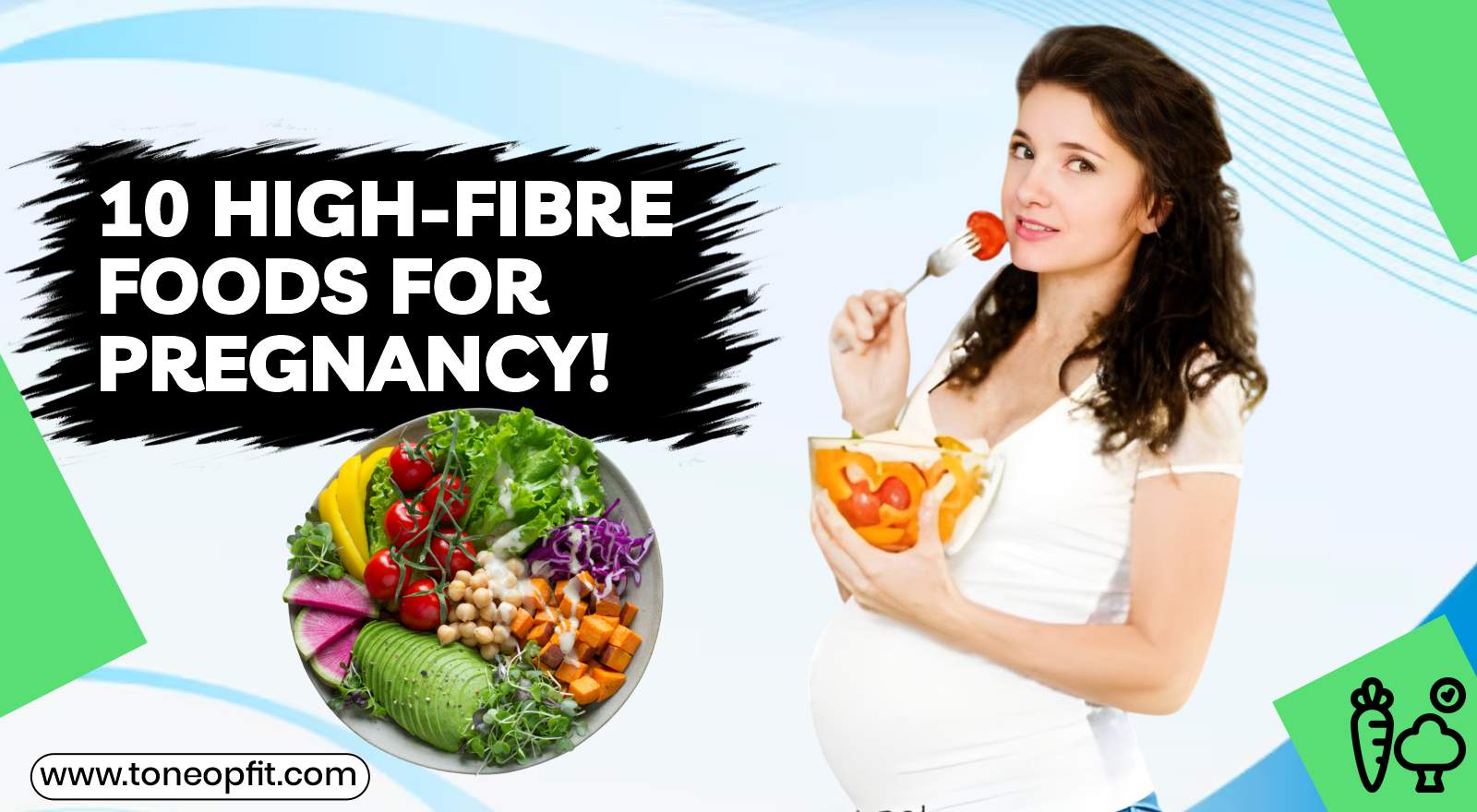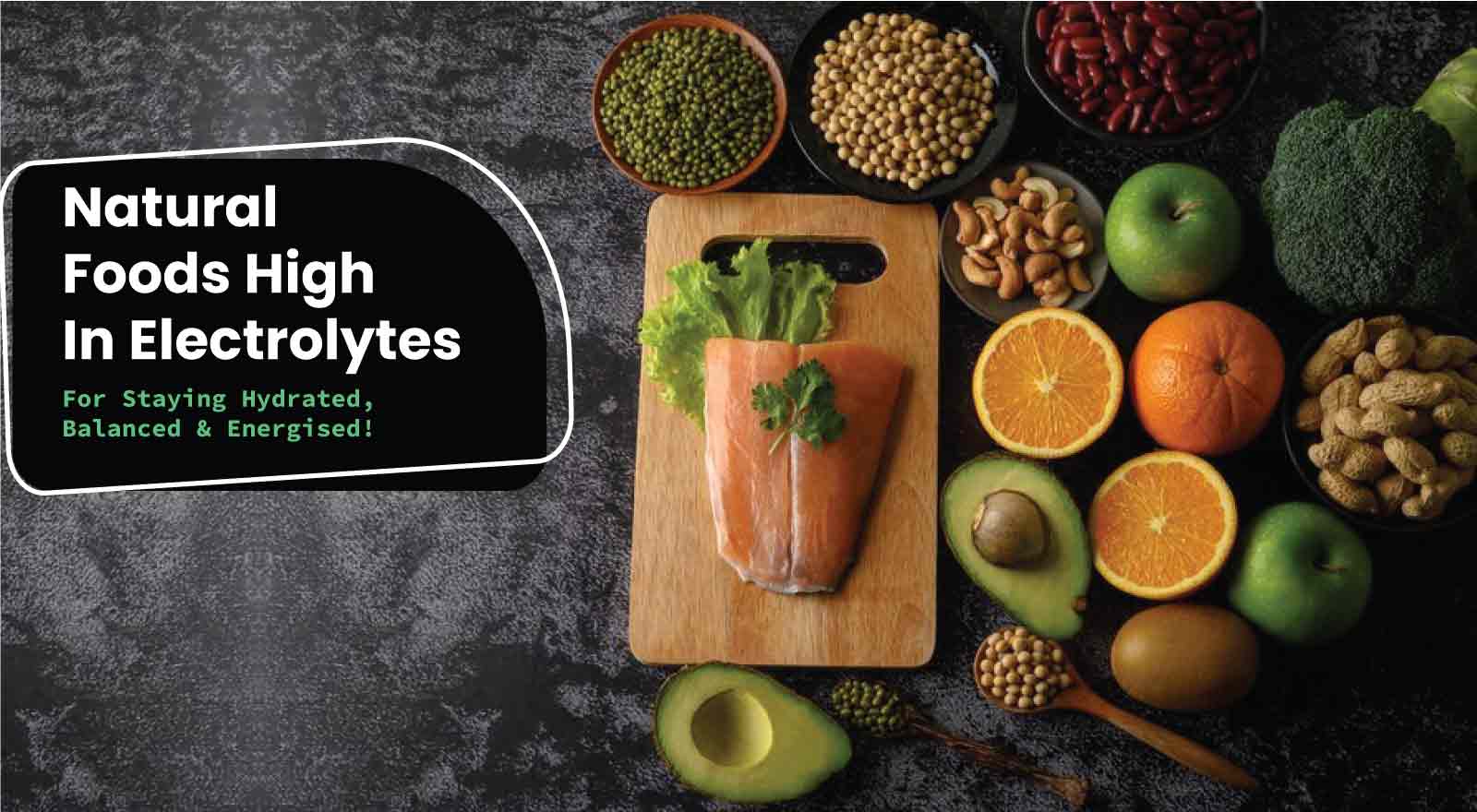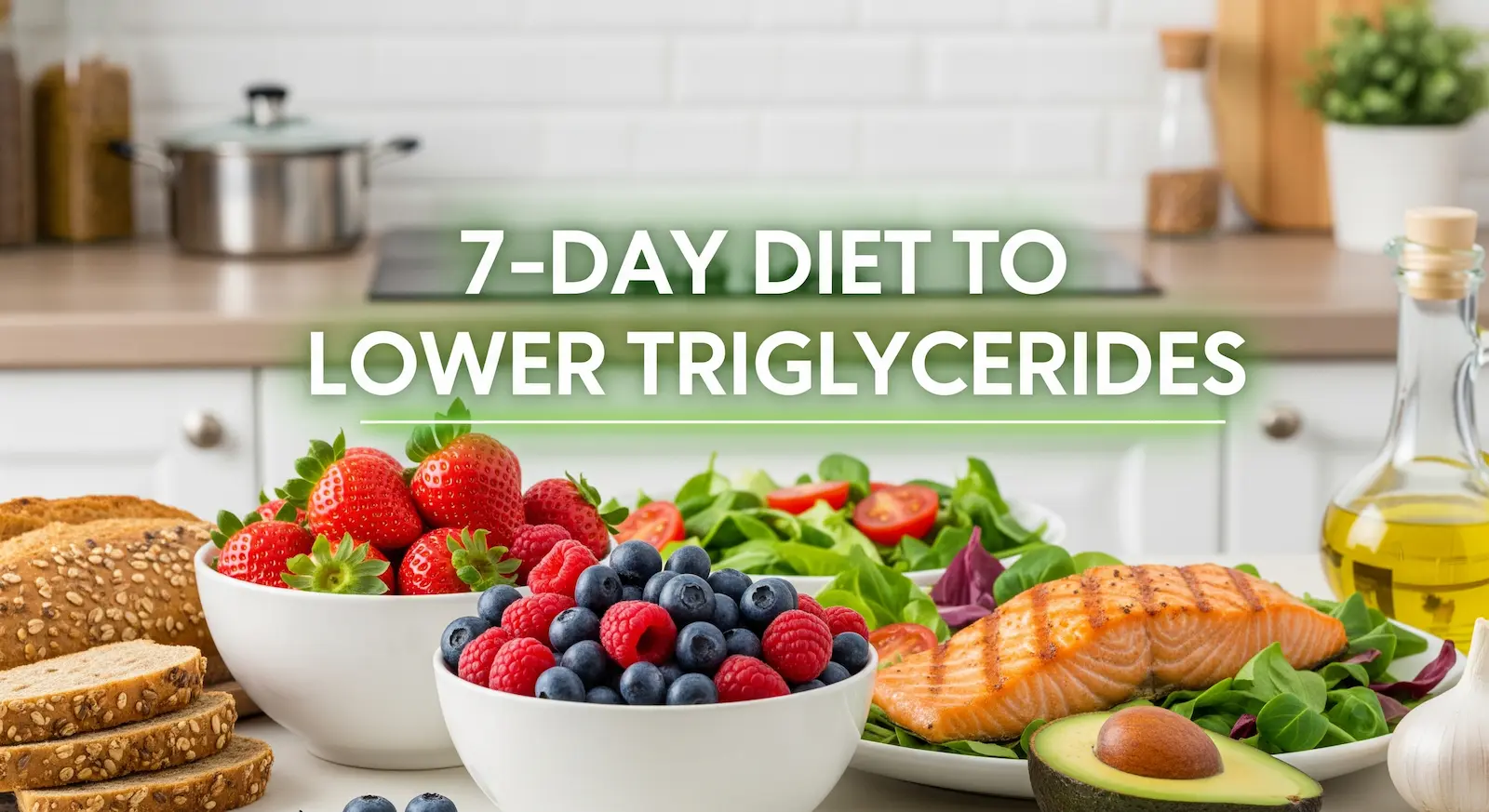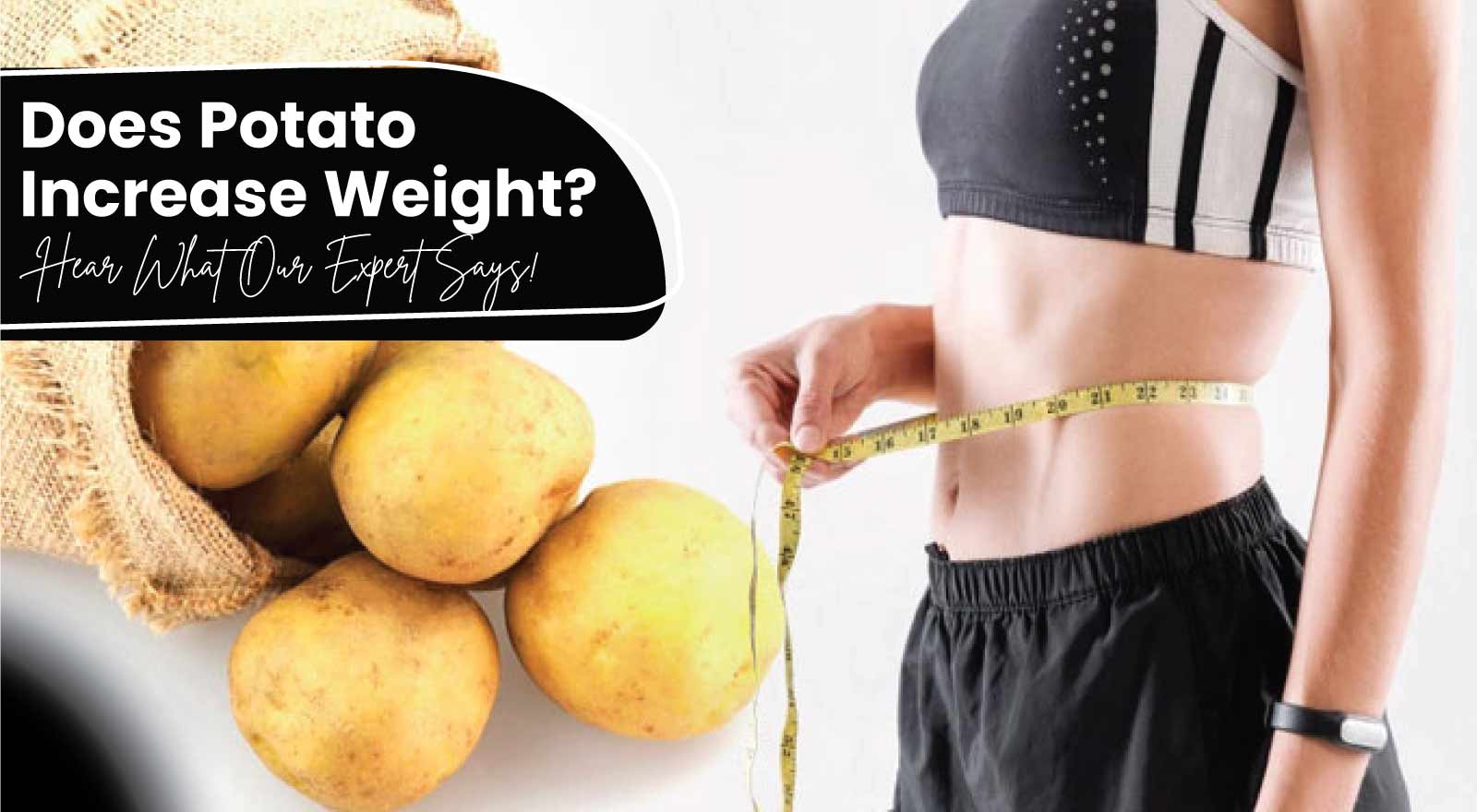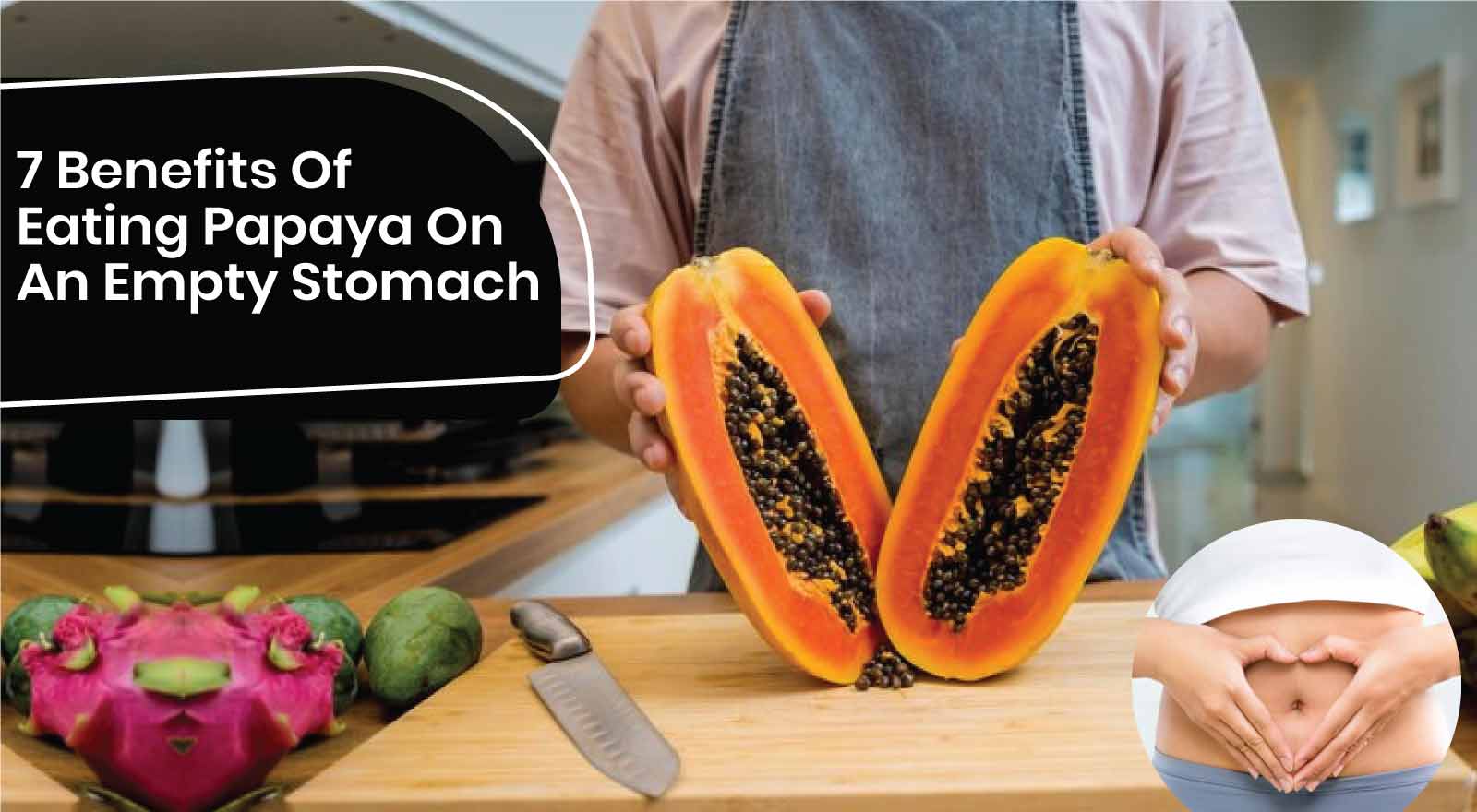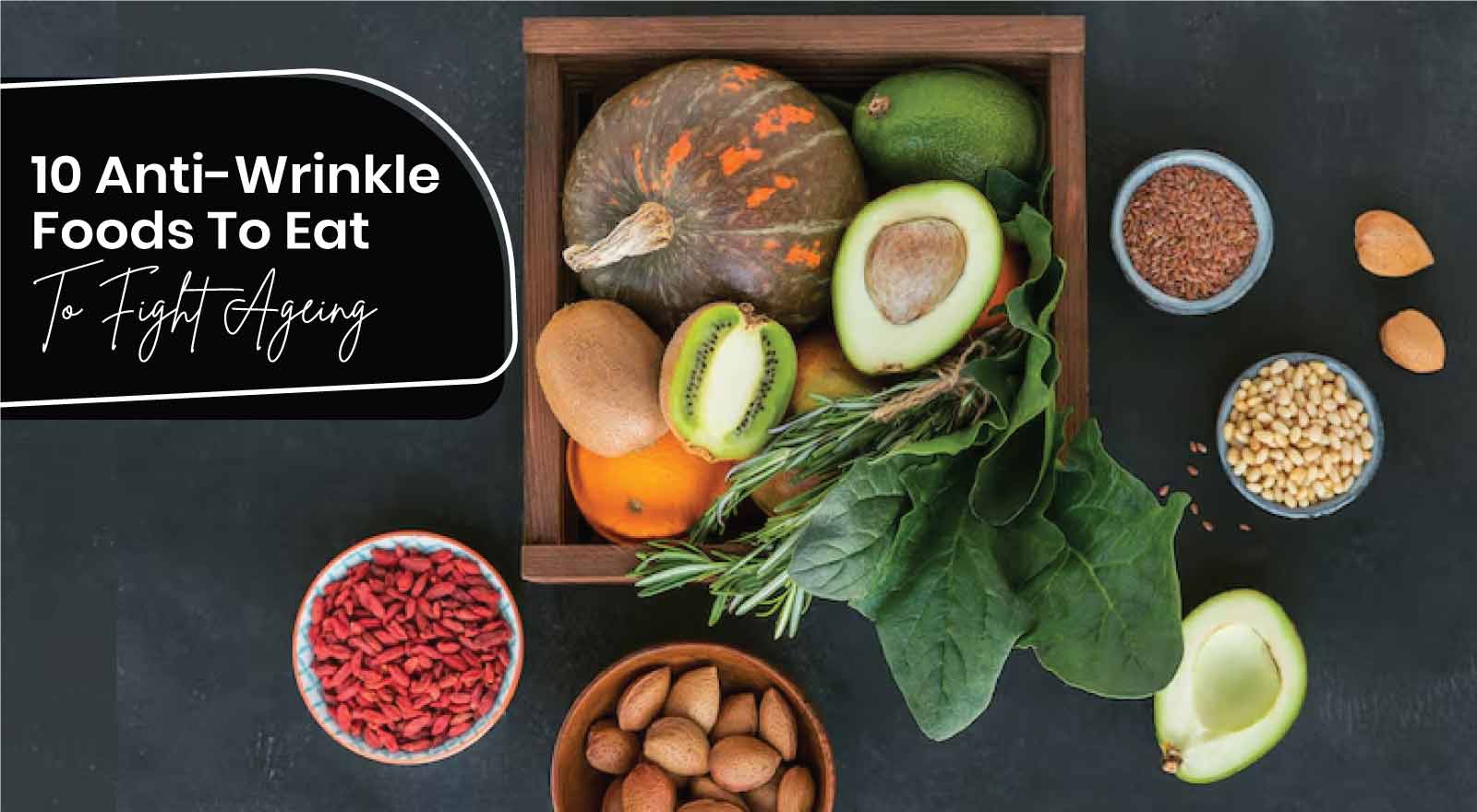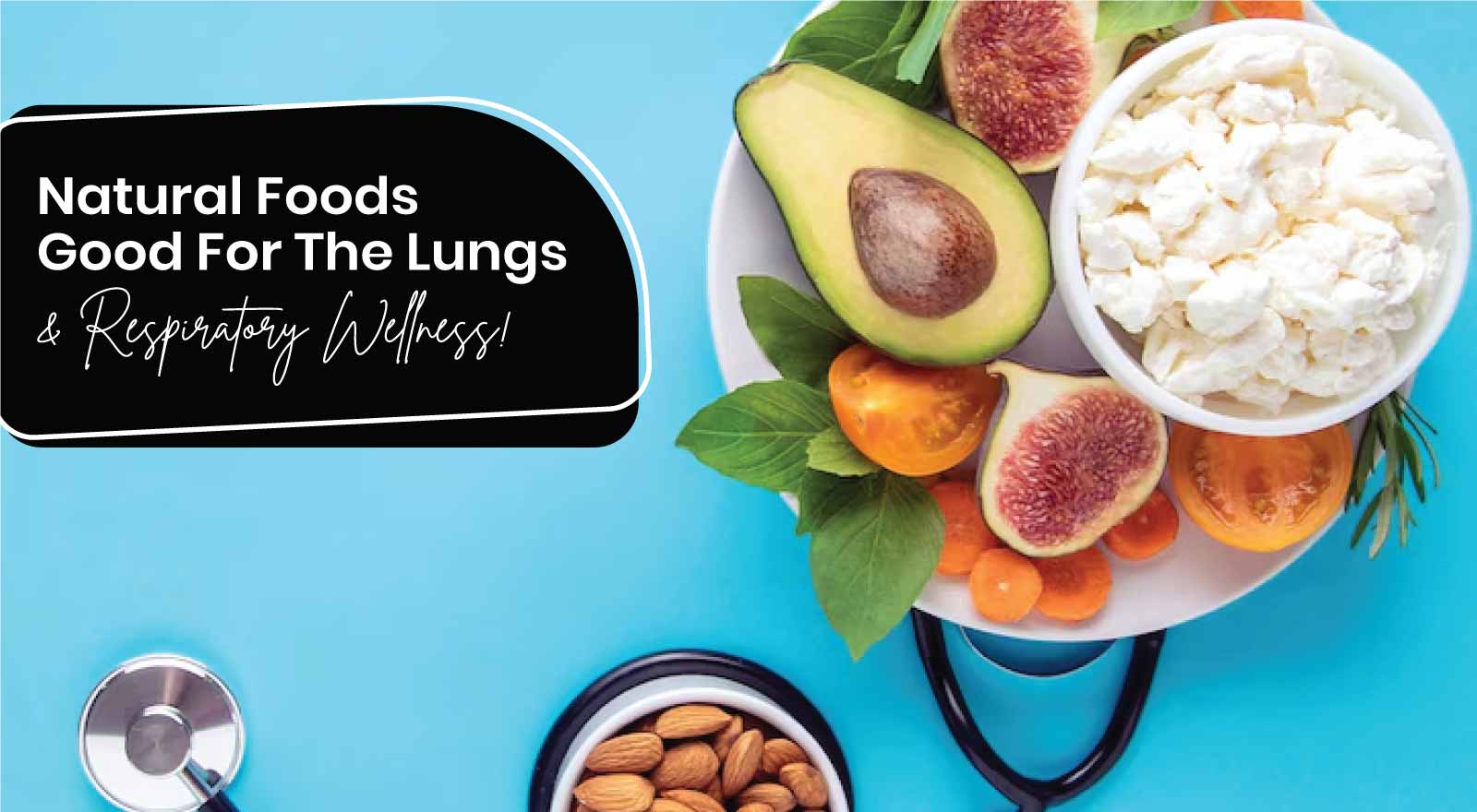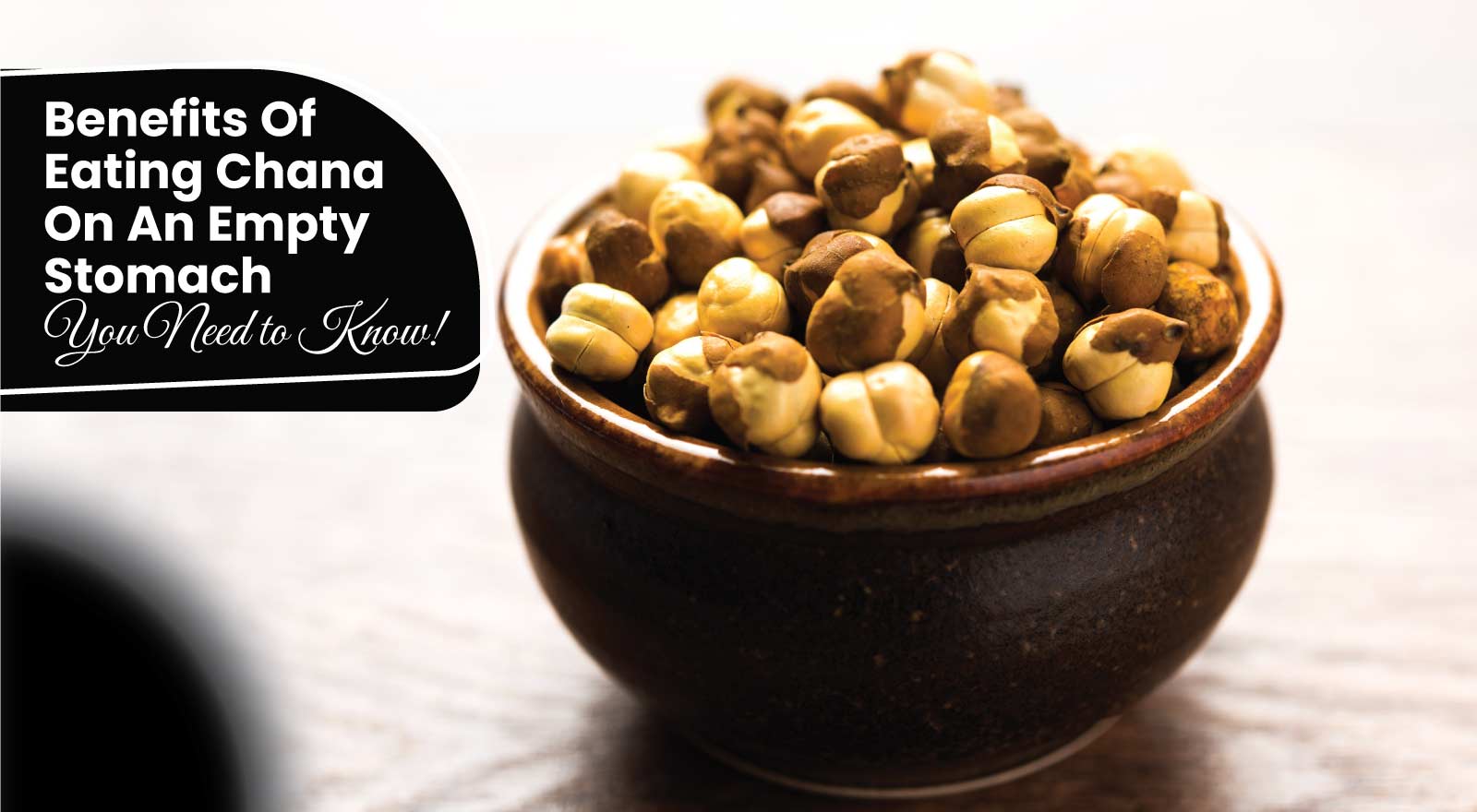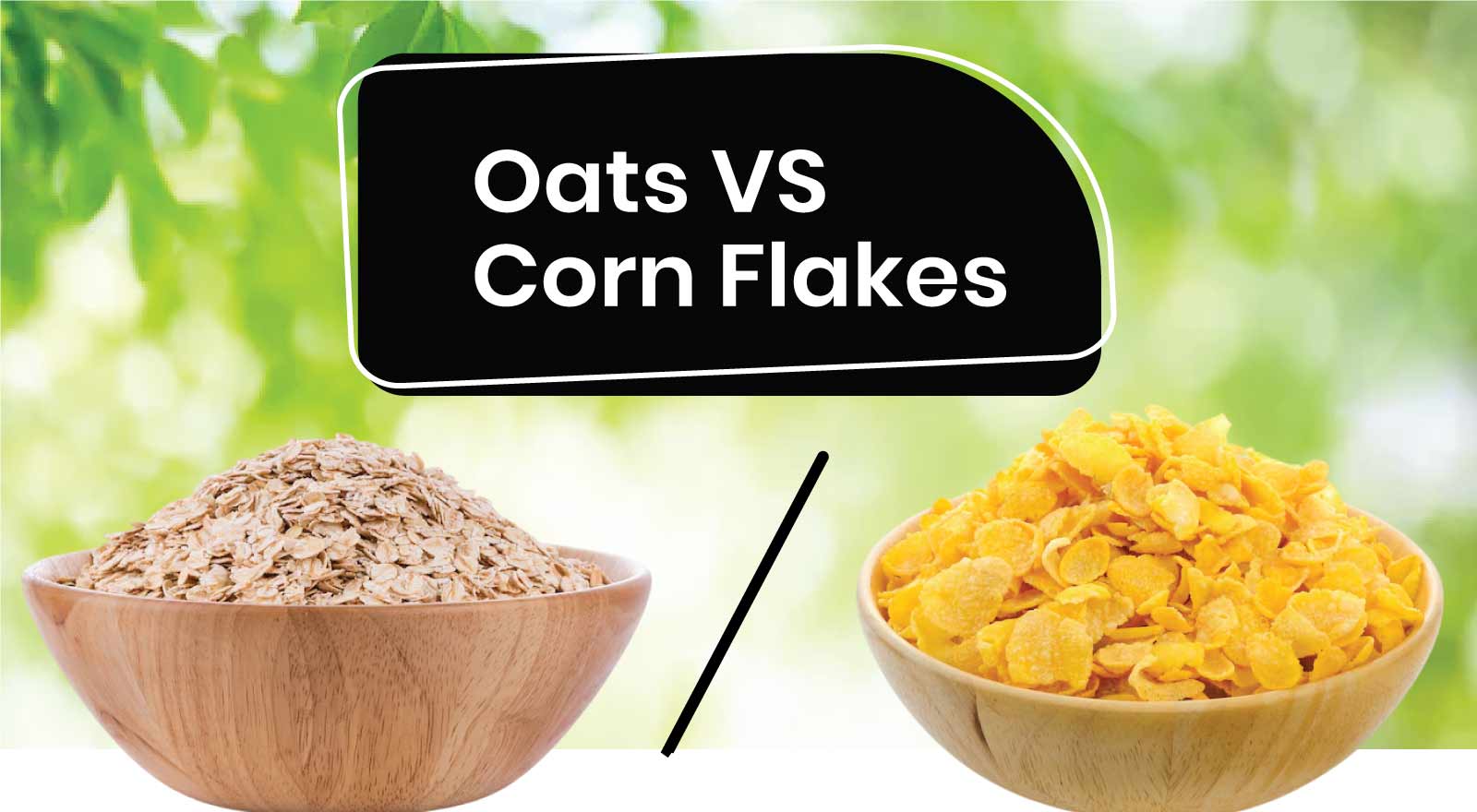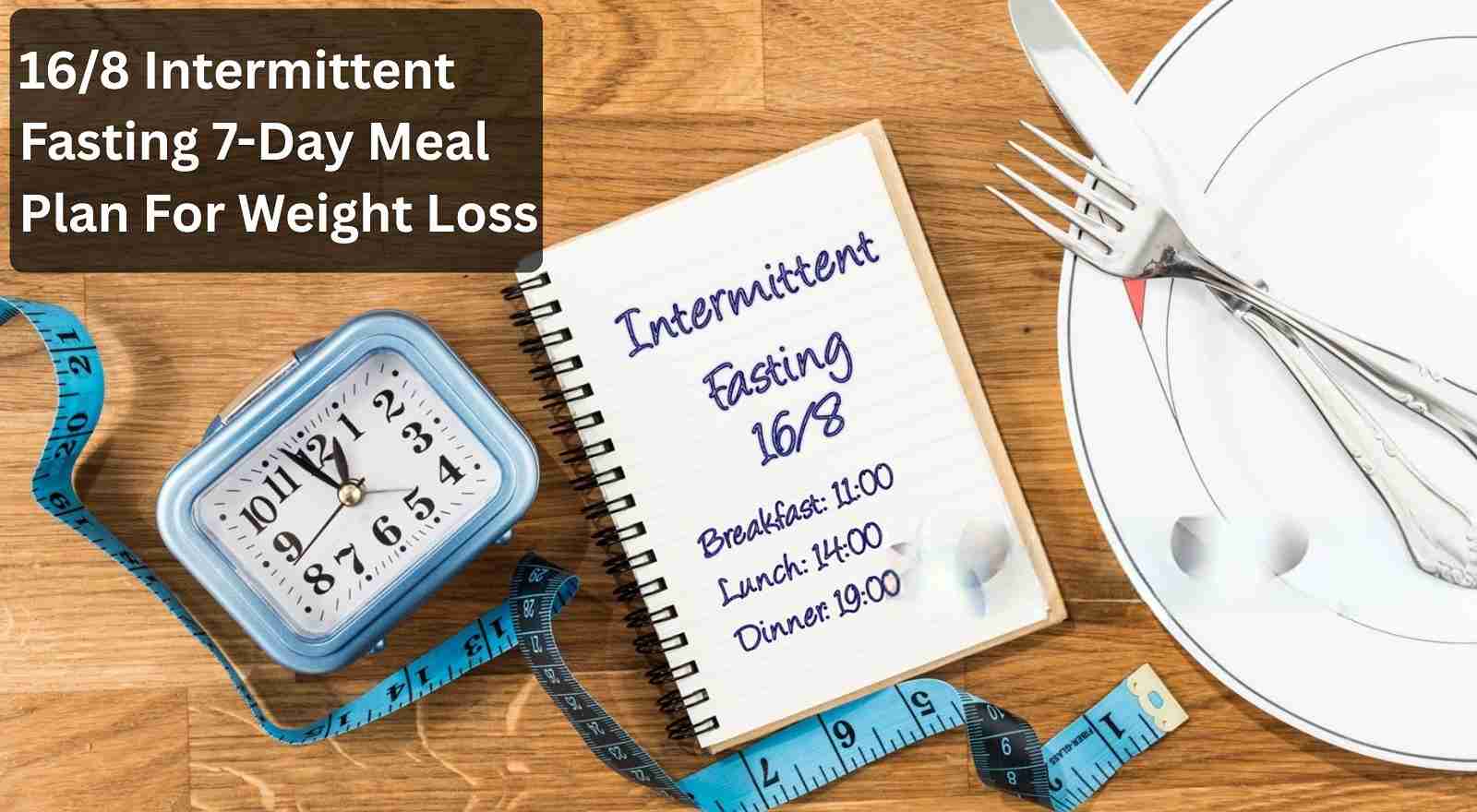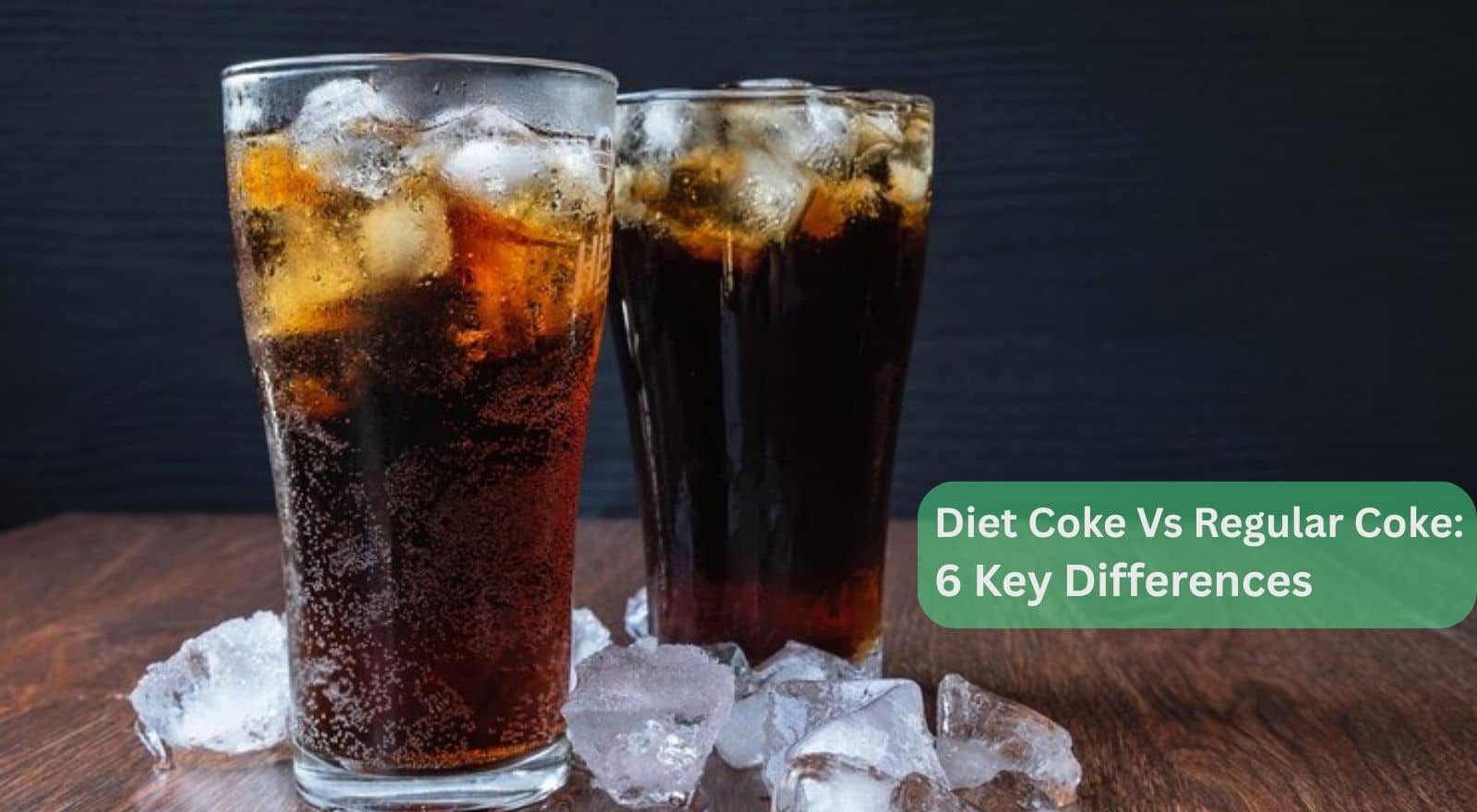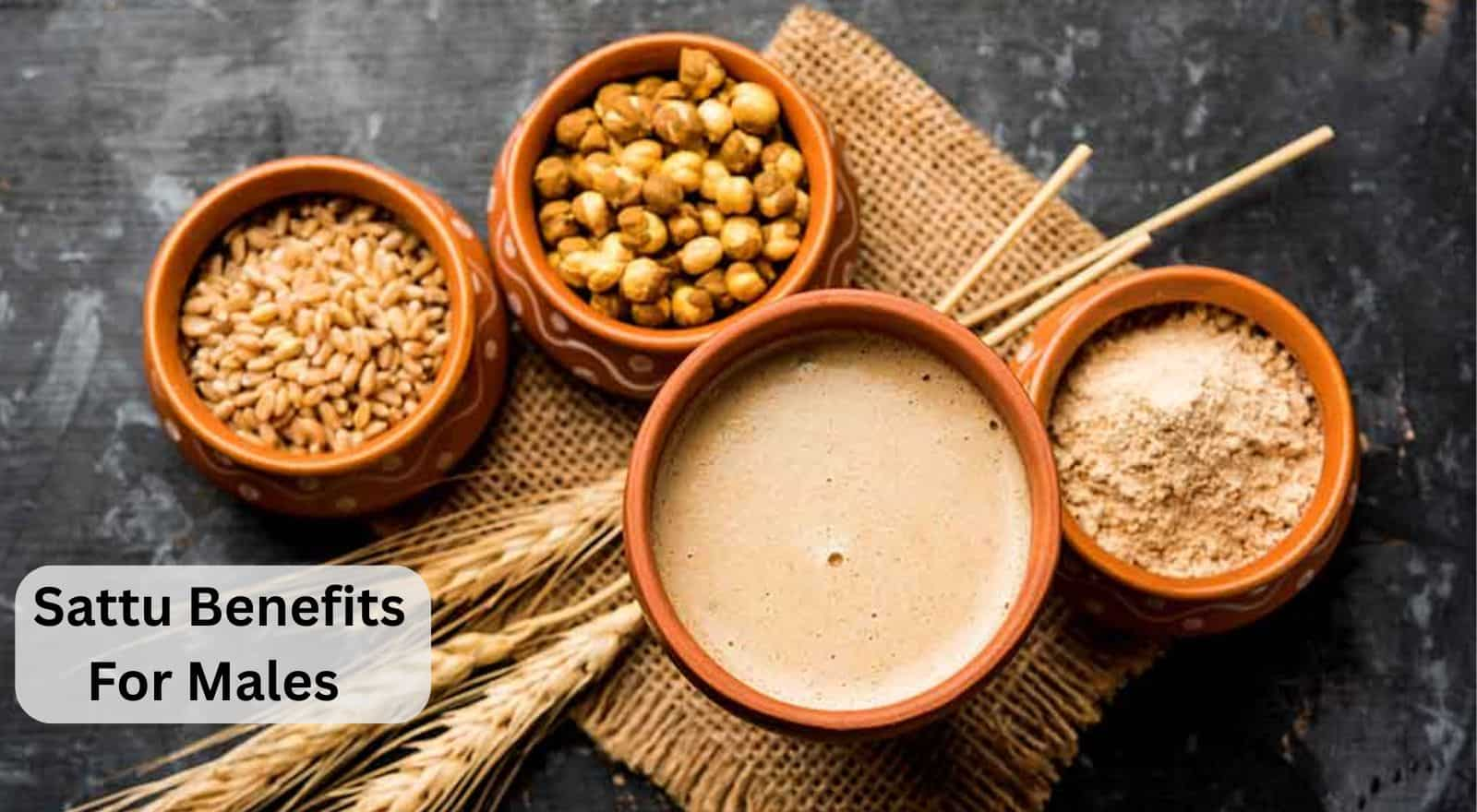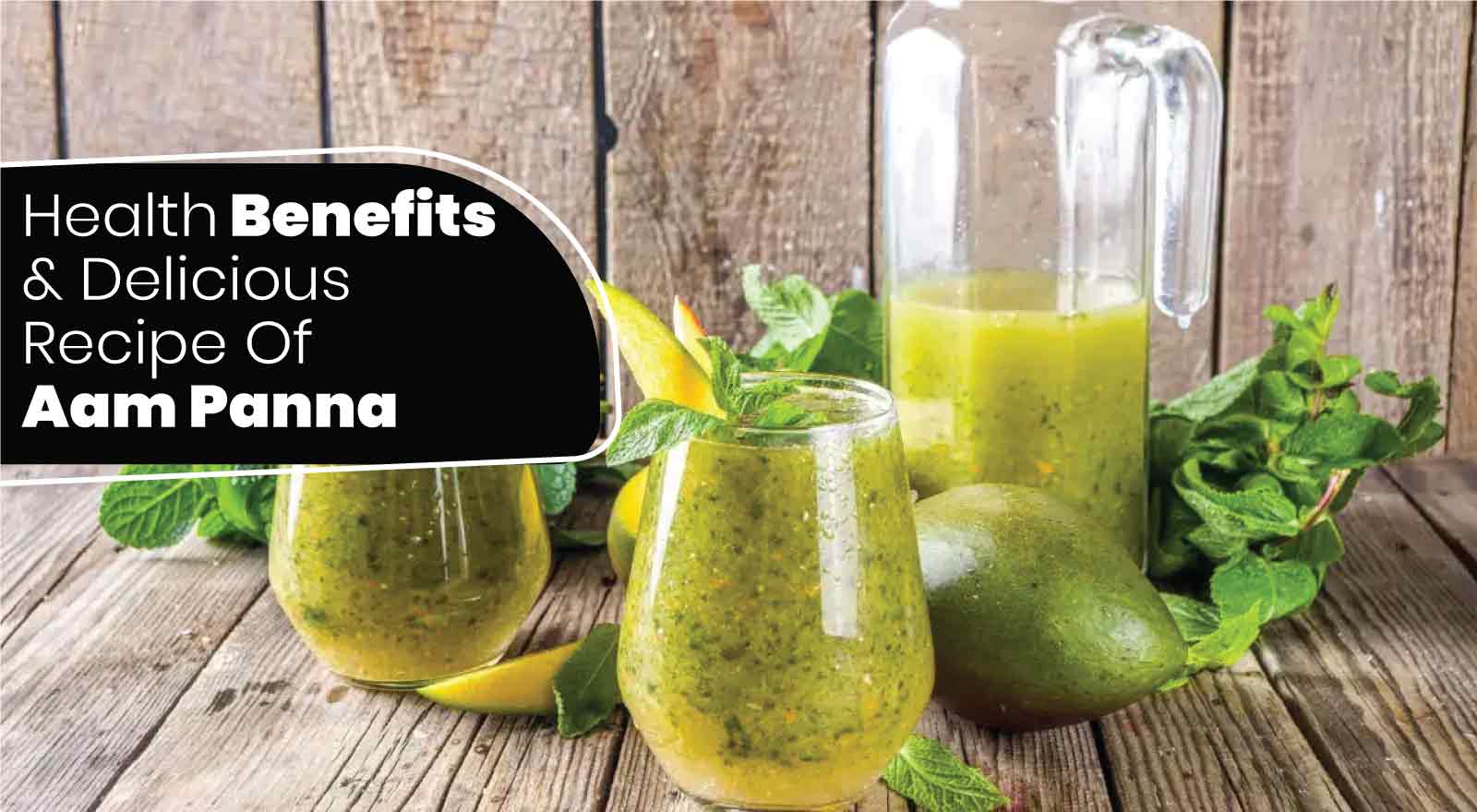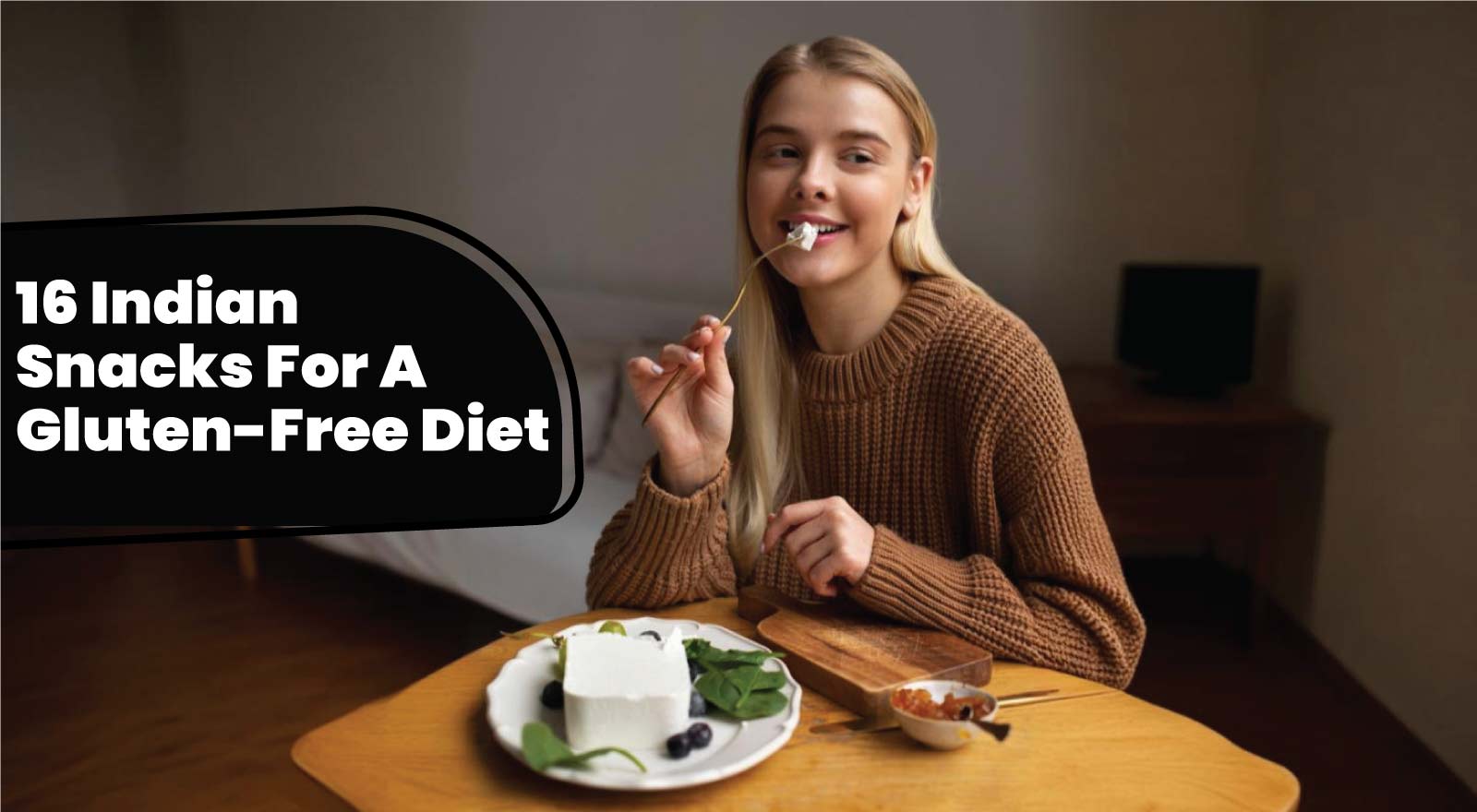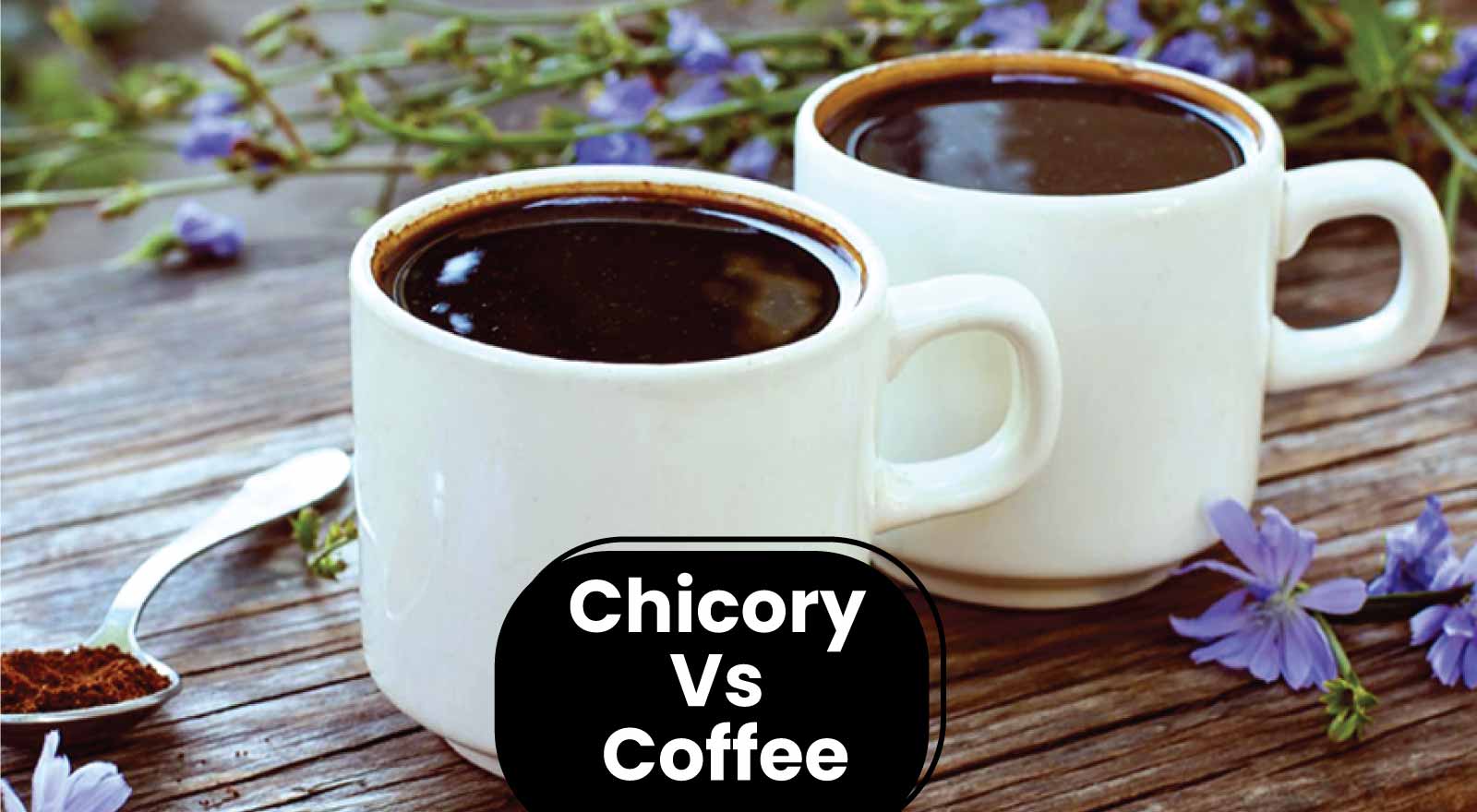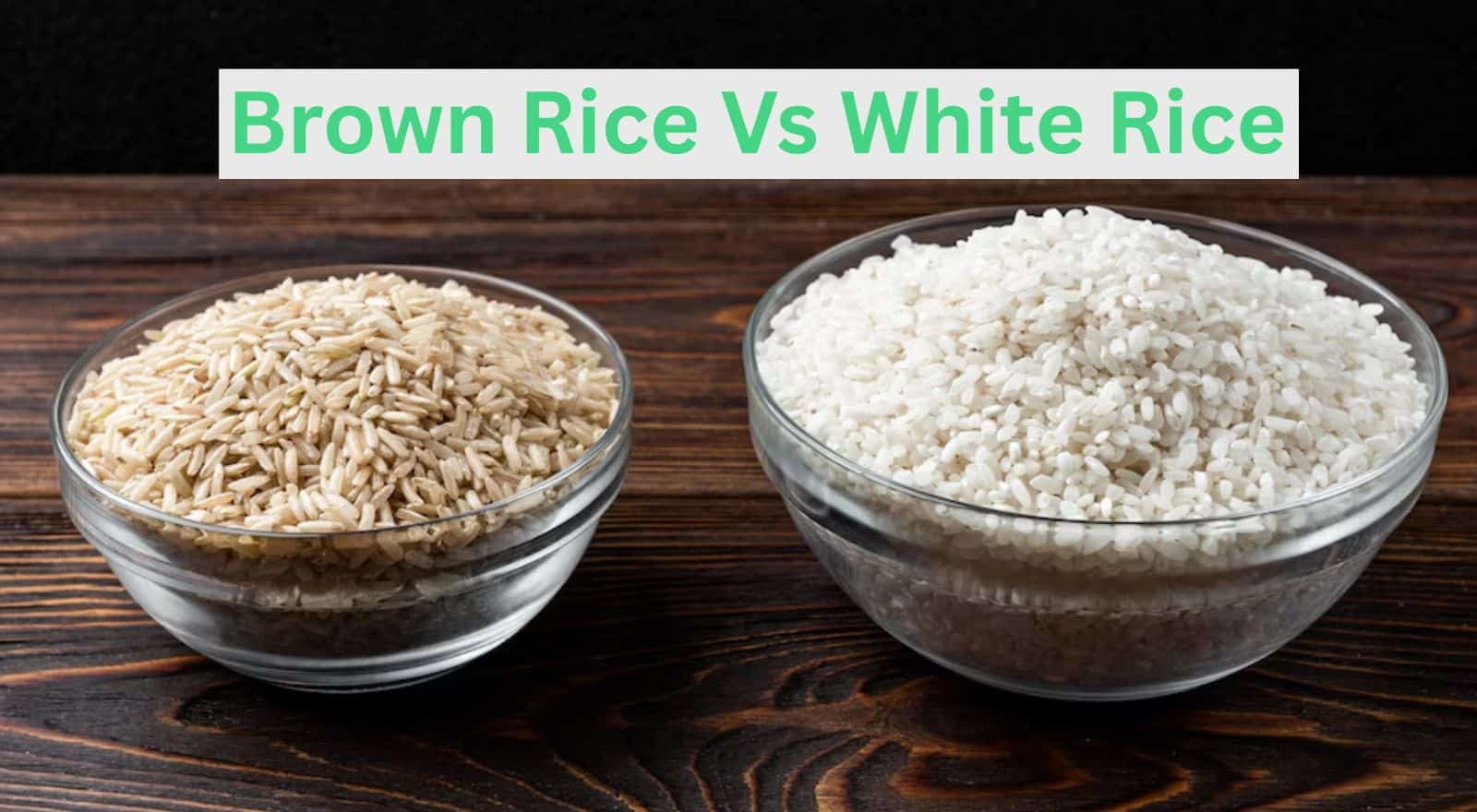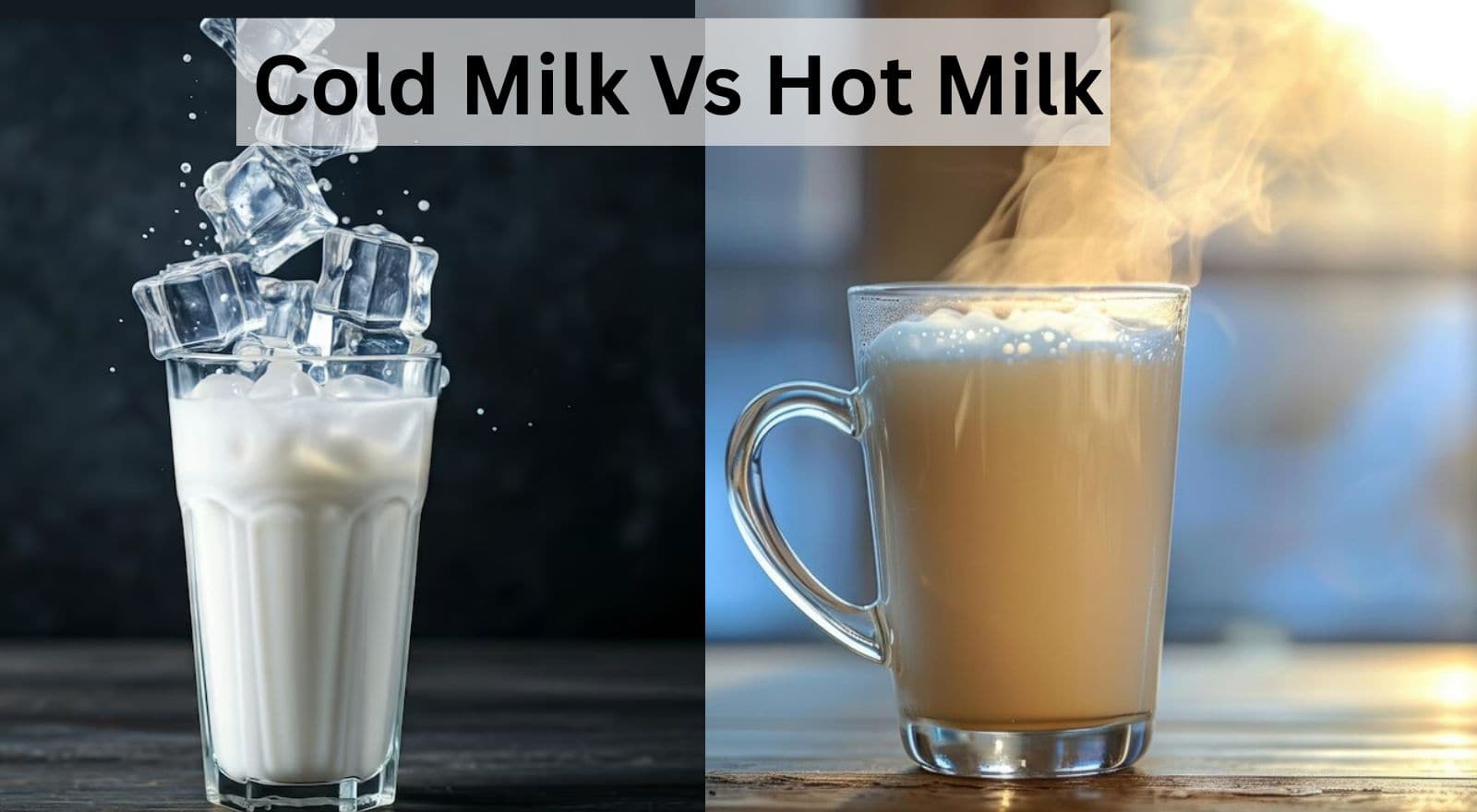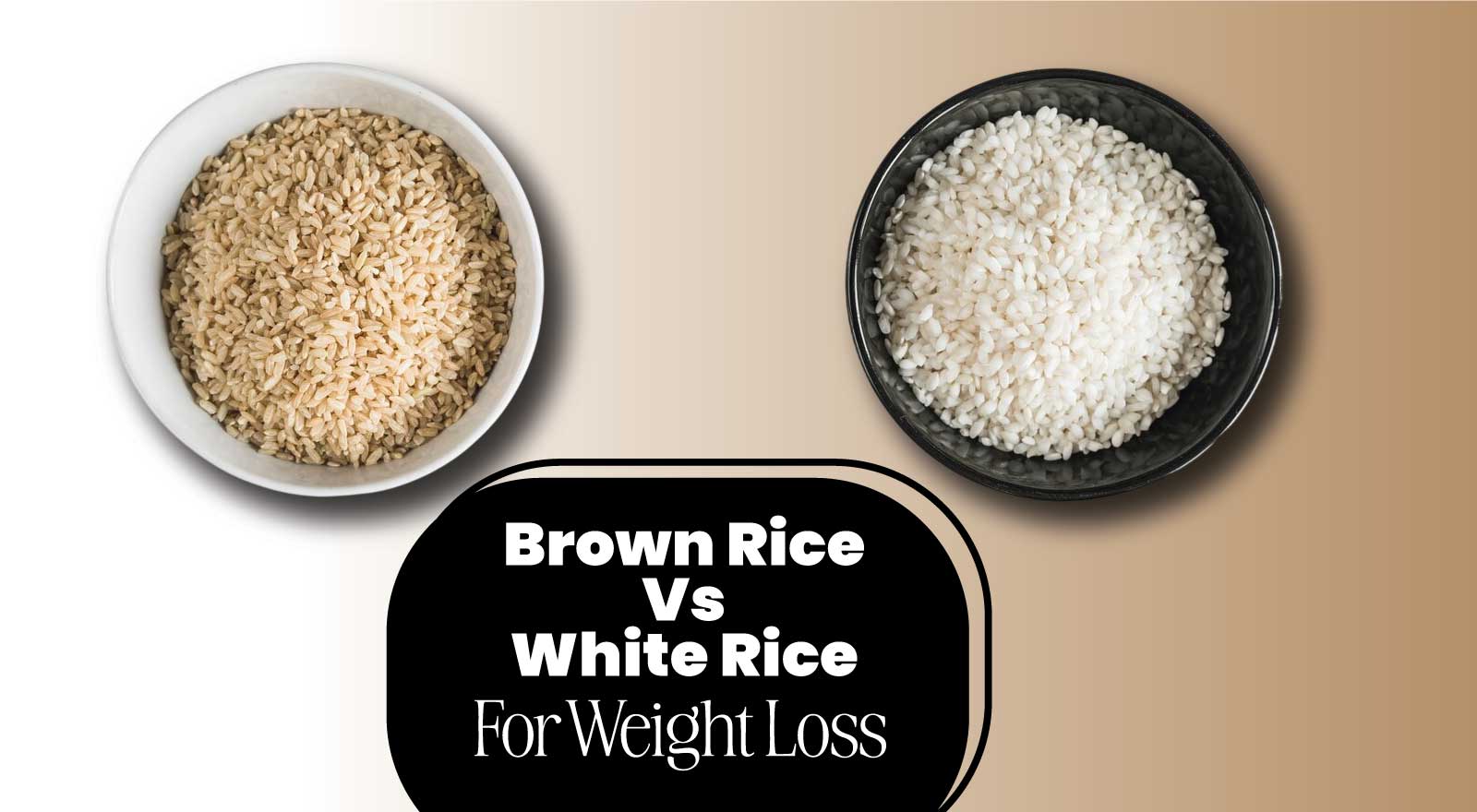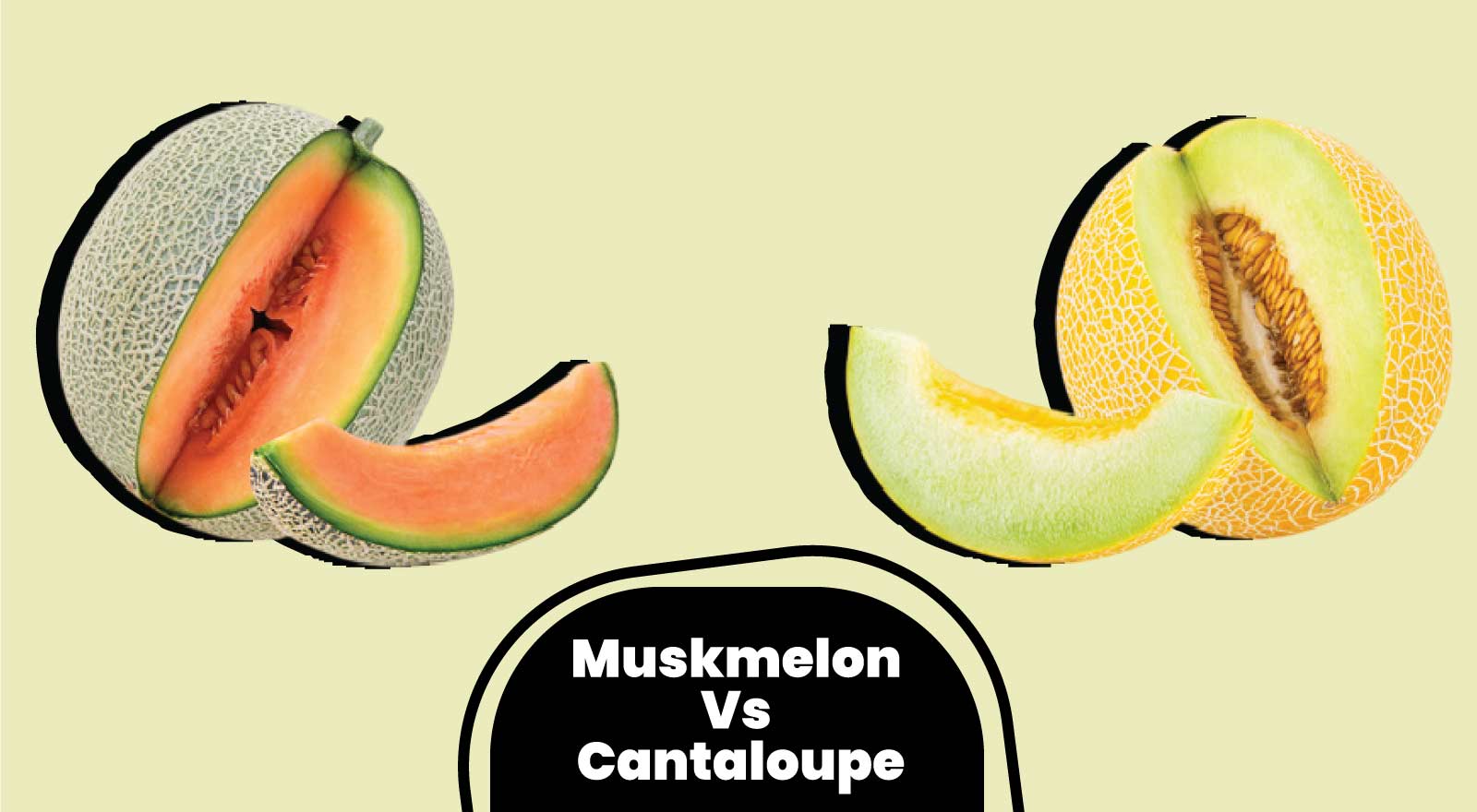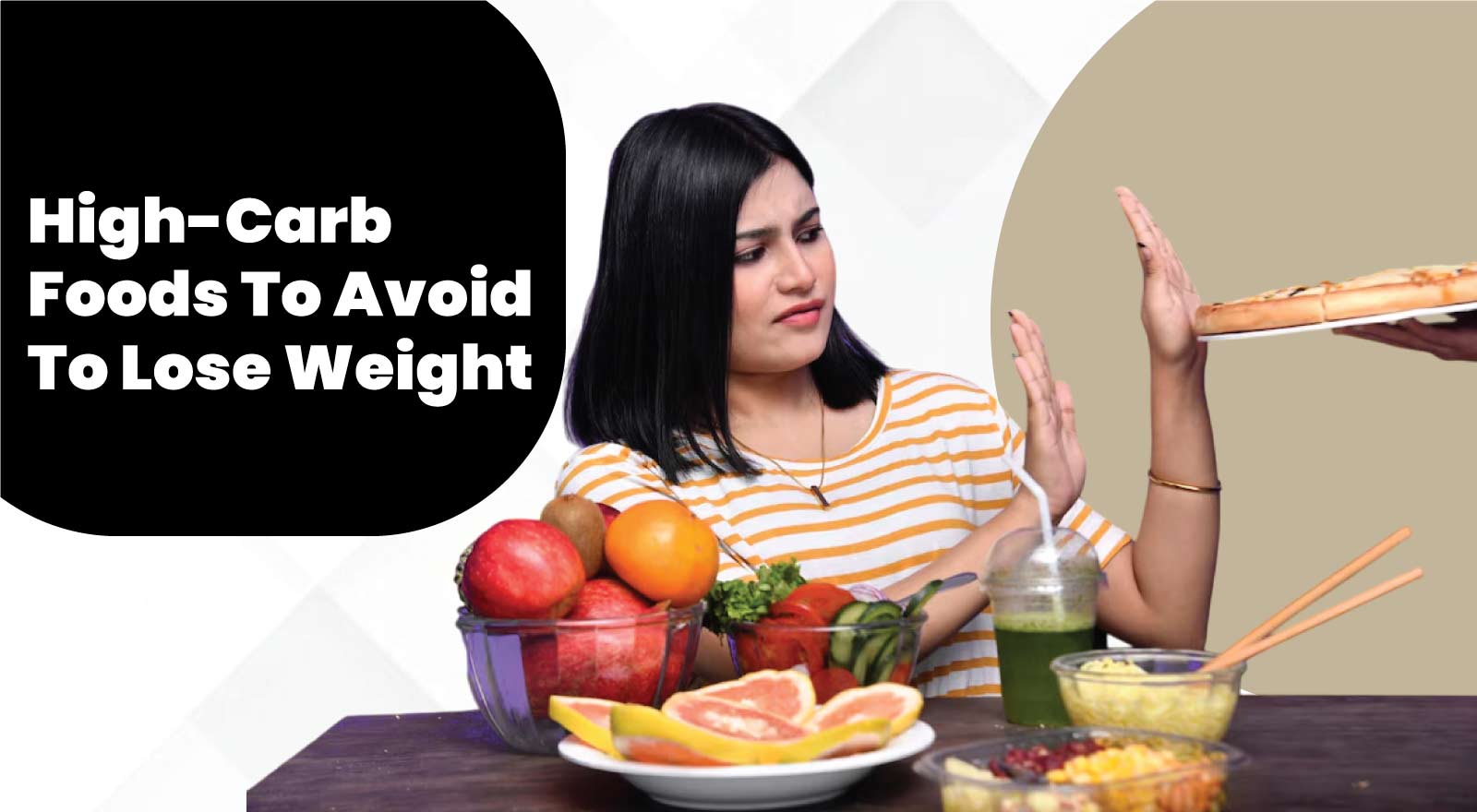During pregnancy, it's natural to become more mindful of what you eat. After all, the food you consume nourishes you and your baby.
A balanced diet is important for supporting the woman through the pregnancy and the development of the baby. It also boosts energy levels and maintains the mother’s overall health. So, this makes it important to focus on nutrient-dense foods, including fruits, vegetables, lean proteins, whole grains, and healthy fats (unsaturated fats) and stay hydrated throughout the day.
Other eating habits like avoiding processed foods and incorporating prenatal vitamin supplements are also key to optimal health for both the mother and the baby. Not only does this ensure a healthy baby, but it also creates a strong foundation for the baby's growth.
One important thing to consider is dietary fibre. There are 2 types of fibre: soluble fibre, which regulates blood sugar levels and lowers cholesterol (found in oats, beans, and apples), and insoluble fibre, which adds bulk to stool and prevents constipation (found in whole grains, vegetables, and nuts). Both types of fibre are important and support digestion.
In this blog, we will discuss fibre and its importance for pregnant women more and share the best high-fibre foods for pregnancy.
Table of Contents
- Top 10 High-Fibre Foods For Pregnancy
- Why Is Fibre Important For Pregnant Women?
- Dietitian’s Recommendation
- The Final Say
- FAQs
- References
Top 10 High-Fibre Foods For Pregnancy

What foods are high in fibre during pregnancy? Here is a list of high-fibre foods you can have during pregnancy:
| 1. Legumes (Lentils, Beans, Chickpeas) | Legumes are packed with fibre, protein, and essential vitamins and minerals like iron and folate. They are also a great source of plant-based protein. Legumes support digestive health and provide a steady source of energy.
Fibre content: 15-20 grams per 1 cup cooked. |
| 2. Whole Grains (Oats, Quinoa, Brown Rice) | Rich in the health benefits of fibre, B vitamins, and essential minerals, whole grains are great for pregnancy as they help maintain stable blood sugar and promote good digestion.
Fibre content: 3-8 grams per serving. |
| 3. Avocados | Avocados are popular for their healthy fats, but they also contain fibre and essential vitamins like folate, which is important for fetal development. They also support healthy brain development in the baby and improve digestion.
Fibre content: 10 grams per avocado. |
| 4. Berries (Raspberries, Blackberries, Blueberries) | All berries are high in antioxidants, vitamin C, and fibre. They also add a sweet and refreshing flavour to your diet, boost immune function and promote healthy digestion.
Fibre content: 8 grams per 1 cup of raspberries. |
| 5. Sweet Potatoes | Sweet potatoes, rich in fibre, vitamins, and antioxidants like beta-carotene, support both the mother's and baby's health. They’re also high in folate, which helps in preventing birth defects and aids digestion.
Fibre content: 4 grams per medium-sized sweet potato. |
| 6. Chia Seeds | Chia seeds are a small powerhouse of fibre, omega-3 fatty acids, and protein. They're easy to add to smoothies, yoghurt, or oatmeal. They keep you feeling full, support heart health, and provide essential fatty acids for the baby’s development.
Fibre content: 10 grams per 2 tablespoons. |
| 7. Nuts and Seeds (Almonds, Walnuts, Flaxseeds) | Nuts & seeds, like Sunflower Seeds and Pumpkin Seeds, are rich in fibre, healthy fats, and protein, making them a perfect snack during pregnancy as they offer a nutrient-dense option for supporting overall health and fetal development.
Fibre content: 3-4 grams per ounce (about a handful). |
| 8. Leafy Greens (Spinach, Kale, Swiss Chard) | Leafy greens are high in fibre and loaded with vitamins like vitamin K, calcium, and folate, all of which are essential during pregnancy. They provide vital nutrients like folate, iron, and calcium while helping with digestion.
Fibre content: 3-5 grams per 1 cup cooked. |
| 9. Pears | Pears are a delicious and hydrating fruit that provides both soluble and insoluble fibre, which helps regulate bowel movements and keeps constipation at bay.
Fibre content: 6 grams per medium pear. |
| 10. Broccoli | Broccoli is a cruciferous vegetable packed with fibre, vitamin C, and folate. It also provides iron, calcium, and potassium and promotes healthy digestion.
Fibre content: 5 grams per cup cooked. |
Also Read: Saffron During Pregnancy: 7 Health Benefits, Side Effects And Tips To Make Saffron Milk!
Why Is Fibre Important For Pregnant Women?
Here are several other reasons why fibre is necessary for pregnant women:
1. Prevents Constipation
More than 50% of pregnant women experience constipation due to hormonal changes that may slow down their digestion. Eating a high-fibre diet will promote regular bowel movements as it adds bulk to your stool and softens it, making it much easier to pass through. So, fibre up and stay off the constipation bench!
2. Controls Blood Sugar Levels
Pregnant women are often at an increased risk of developing gestational diabetes, a condition that affects how your body processes sugar. Eating a fibre-rich diet helps slow down sugar absorption in the bloodstream, which helps regulate blood sugar levels and reduce this risk.
3. Helps With Weight Management
Fibre-rich foods reduce the chances of overeating or snacking on unhealthy foods later. This is especially important during pregnancy when managing weight gain and maintaining balanced nutrition, which is crucial for both mom and baby.
4. Promotes Heart Health
Fibre, particularly soluble fibre, has been shown to help lower cholesterol levels. This is important because high cholesterol can increase the risk of heart disease, and heart health is an important consideration during pregnancy for both the mother and baby.
Also Read: Is Yoga Safe During Pregnancy? 8 Types of Yoga Poses To Avoid When Pregnant
5. Boosts Gut Health
You need a healthy gut for optimal nutrient absorption, and fibre is an important prebiotic that supports the growth of good gut bacteria, helping you create a balanced gut microbiome that is vital for immunity and overall health.
Dietitian’s Recommendation
It’s vital for an expecting mother to maintain a healthy diet during pregnancy, which is vital to the child's growth and development. I recommend incorporating a sufficient amount of fibre-rich foods into every meal and drinking plenty of water to keep your digestion running properly.
Dt. Lavina Chauhan
The Final Say
Pregnancy is one of the most beautiful times in a female’s life. Most women expect it with a lot of joy. But to really enjoy a healthy pregnancy, you must be aware of what’s best for your child and ensure a healthy and balanced diet. After all, now you’re eating for two. Fibre-rich foods can help you regulate digestion, avoid constipation, help with weight control and promote heart health. Some high-fibre foods are legumes, avocados, leafy greens, and more!
FAQs
1. What fibre is safe during pregnancy?
Soluble and insoluble fibre that comes from natural sources like fruits, vegetables, whole grains, and legumes are safe and beneficial during pregnancy.
2. What are the high-fibre foods for pregnancy constipation?
High-fibre foods for constipation during pregnancy include whole grains, oats, beans, lentils, fruits like apples and pears, vegetables like spinach and broccoli, and seeds like chia and flaxseeds.
3. What are some fibre-rich foods for pregnancy in India?
Some fibre-rich foods for pregnancy in India include whole wheat, brown rice, dals (lentils), chickpeas, sabudana (tapioca), vegetables like spinach, carrots, and sweet potatoes, fruits like guava, papaya, and oranges, and nuts such as almonds and walnuts.
References
- https://www.hdfcergo.com/health-insurance/wellness-corner/fibre-rich-pregnancy-foods
- https://rforrabbit.com/blogs/articles/fibre-rich-foods-pregnancy-constipation-relief?srsltid=AfmBOooqmOI31c_CbfaNuQOgNJTubairC6MspjPFYO2RtcmlbtnJFL36
- https://parenting.firstcry.com/articles/fibre-during-pregnancy-benefits-and-food-sources/
- https://www.apollocradle.com/blog/pregnancy/why-fibre-is-important-during-pregnancy
- https://www.kimshealth.org/trivandrum/blog/10-healthy-foods-consume-during-pregnancy/
About ToneOp Fit
ToneOp Fit is a platform dedicated to improving and maintaining good health through a comprehensive range of goal-oriented health plans with up to 3 Coach support. With a range of Weight Management, Medical Condition, Detox Plans, and Face Yoga Plans, the app also provides premium health trackers, recipes and health content. Get customised diet, fitness, naturopathy & yoga plans and transform yourself with ToneOp.












